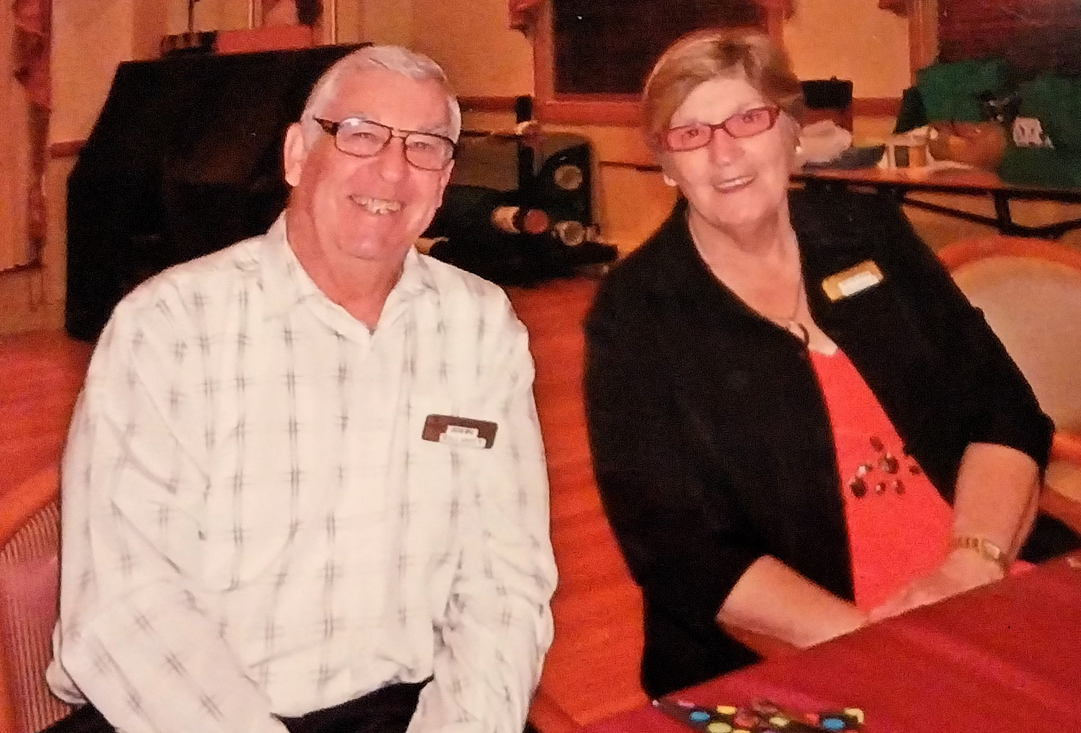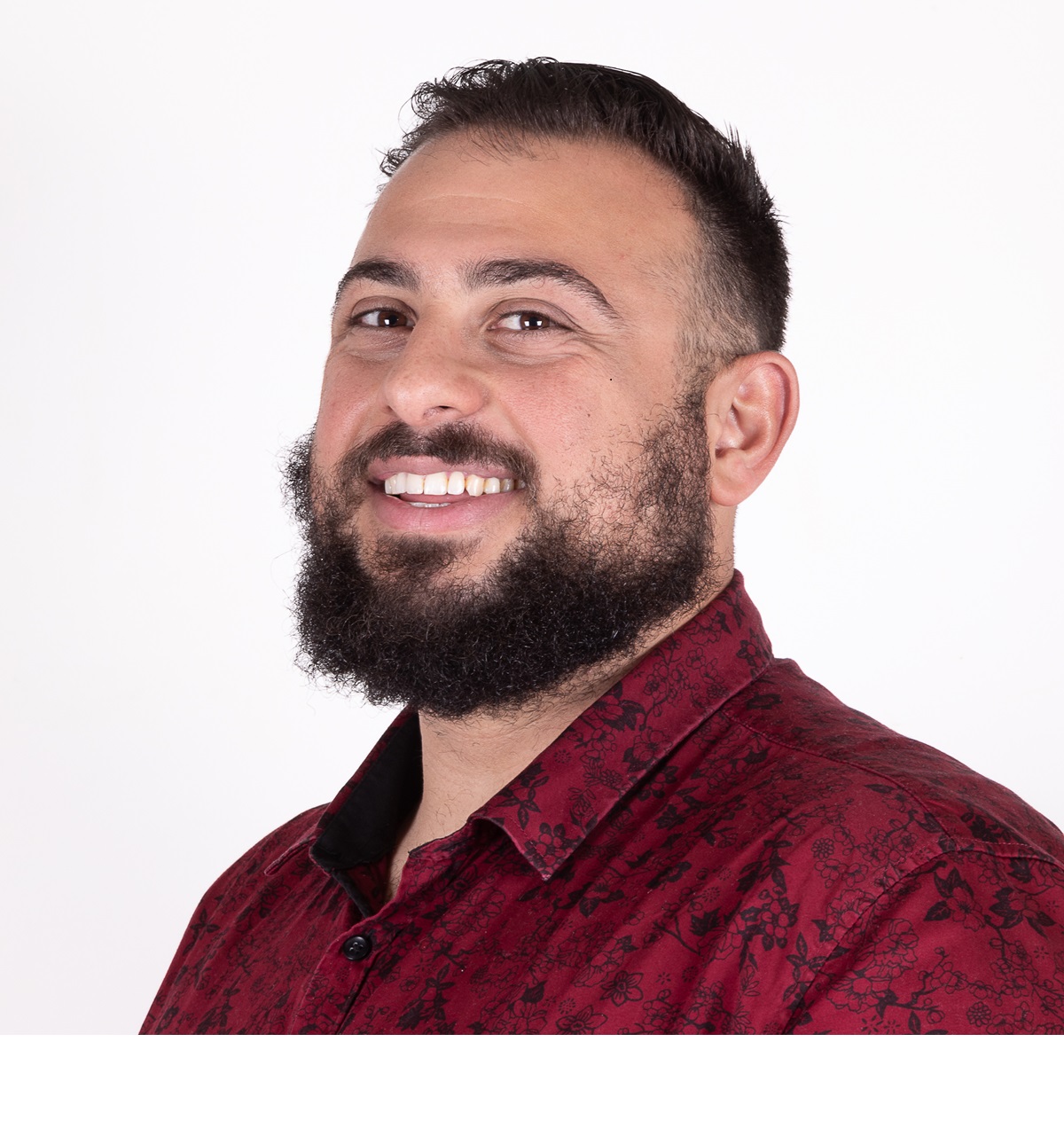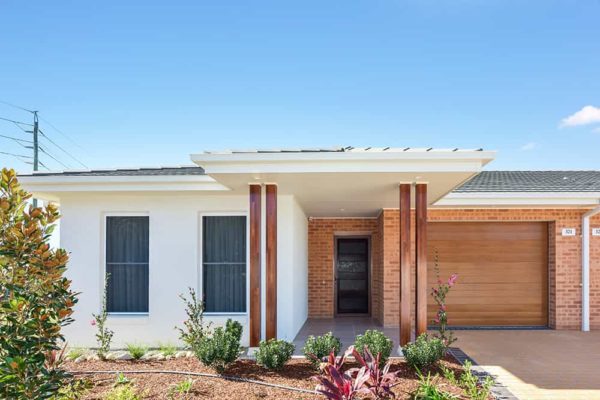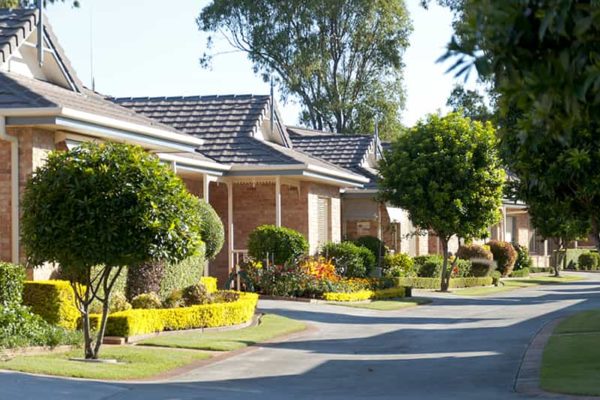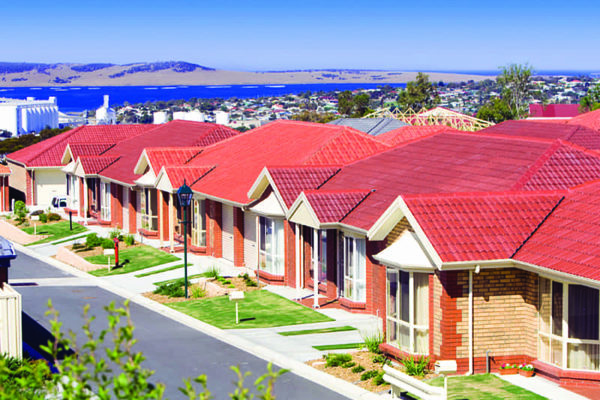When Glengara resident Len Miller had a devastating surfing accident at Blue Bay in 2005, doctors gave him about a 3% chance of pulling through.

Len and Sue Miller
After being knocked unconscious on a rock, spending several minutes face down in the water, and a further 30 being resuscitated on the beach before being airlifted, it’s safe to say Len came perilously close to death.
The accident left him in a state of quadriplegia while only in his 50s, so he could be forgiven for being depressed or bitter as a result.
The truth, however, is quite different.
Len, the epitome of the ‘glass half-full’ philosophy, approaches life with positivity and humour, and is grateful for family, friends, the life he enjoys with his wife Sue, and having opportunities to help others.
“When you have a near-death experience, it puts a whole new aspect on your life,” Len said. “It could have gone the other way, and now I’ve been given a second chance. There must be a reason. Yes, the disability is a bad part of my life, but I’ve got a brain that works.”
Len’s can-do approach to life was fostered by his supportive and hard-working parents from an early age. His father built their first house in Wamberal using second-hand materials from guesthouses while the family lived in a tent in Len’s grandmother’s yard. Later, the family moved to Gosford when Len was in his teens.
“When I was at high school I got interested in electronics,” Len said. “I started building crystal sets and dismantling radios, my brother built a radio shack in the back yard, and, by the age of 14, I had decided what I wanted to do.”
It was around 1963 when, inspired by the beach culture and music coming out of America at the time, Len was caught up in the surfing craze and spent the next couple of years doing little else.
“I went down to Sydney by train to go to college and did the radio and television classes, but the career went on the backburner because of surfing,” Len said. “It was only when I met Sue at about 18 or 19 that she got my life back on track. I went to night school and got certificates in broadcasting and television operating. I got a job at Channel Ten, which was the first really good job I had. I saw a lot of good shows. I saw Paul Hogan on New Faces, I saw Bernard King, Barry Crocker and so on.”
After marrying Sue in 1970, becoming a father, and building a house back in Wamberal, Len went to work at a fledgling company known as Sony.
“In those days, Sony was very small, and I stayed with them for about 18 years,” Len said. “That was a really good job. I specialised in servicing video cameras. I left Sony because they began to concentrate on sales, not service. When they were selling one product, they had the next coming off the assembly line.”
It was after leaving Sony that Len realised a dream he had been holding onto since his teens – going into the television repair business for himself.
“I think that was my goal right from when I was 15,” Len said. “I wanted to be a television technician, helping people out. I did that from about 1997 up to the time of my accident. When you’re working for yourself, you’re working for the worst boss in the world. He’s a real slave driver!”
It was during this period that the event that would change his life forever took place. Len is remarkably forthright when describing it.
“The accident nearly took my life,” he said. “I hit a rock and went underwater. I was floating face-down and was resuscitated on the beach. I had water through my lungs because I had been in there several minutes. The doctors couldn’t work out how I didn’t get brain damage from being under so long. Six men worked in rotation doing CPR on the beach for about half an hour. I still see one of them when I go into hospital by ambulance – he was working in the surf club at the time, but since then has joined the ambulance service. I always tell him I haven’t forgotten him when I see him.”
Len spent ten weeks in intensive care on a ventilator, and as the full extent of his injuries became apparent, it was clear his life would never be the same. Big changes were needed.
“My poor wife and four children went through so much,” Len said. “Being disabled at Wamberal was difficult as it is pretty hilly. One day I was over at Glengara and my daughter said it looked nice and level. We came to the village and looked at a unit. The sales girl knew I wanted a back patio facing north so I can get the winter sun, and we got one. When you’re in a wheelchair and can sit back in the sun, it feels good.”
The move to Glengara has given Len and Sue new opportunities to make friends and be part of a thriving social community.
“This was the best move we ever made,” Len said. “We’ve been here nearly eight years and have met so many kind and generous people. They all know me by name. We go to the social events at the country club. Sue will testify that it’s the best village we could’ve gone into. Everything is so immaculate. The carers are great when they come in to get me in or out of bed. The flowers and shrubs are all manicured so perfectly. Everyone is compassionate to each other.”
It was a couple of years after the accident that Len first visited Camp Breakaway. It was established in 1982 as a not-for-profit organisation that offers respite care to disabled adults and children, and is located on the Central Coast.
“There are so many compassionate people there,” Len said. “It’s amazing. They have a carer in each cabin at night to look after people. We have a big lodge where we have meals. It’s all run by volunteers and we really get pampered.”
A short time later Len was asked to be a Liaison Officer at the camp, and took on the responsibility of meeting and greeting new guests.
“When I first went to Camp Breakaway, I saw all these young people, whom I consider to be worse off than myself because they have lifelong disabilities,” he said. “I like talking to people and getting to know their life story, and it’s really broadened my scope on disabilities and how other people cope in their lives. Since the accident Sue has been able to get away on a few holidays when I’ve been at Breakaway. She does all my feeding and everything, so it’s very hard on her.”
Len is full of praise for Sue, whom he credits with doing so much good in his life.
“I was so fortunate meeting Sue,” Len said. “Not many women would stay with their husband for twelve years after an accident like mine. At the rehabilitation centre I was at, quite a few marriages broke up.”
Not one to be caught feeling sorry for himself, Len spends his time enjoying Sue’s company, reading, using the Internet, and taking part in village social activities.
“I count myself fortunate and feel I’ve had a fortunate life,” he said. “After everything that’s happened, I’m still Len.”
